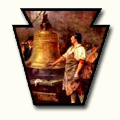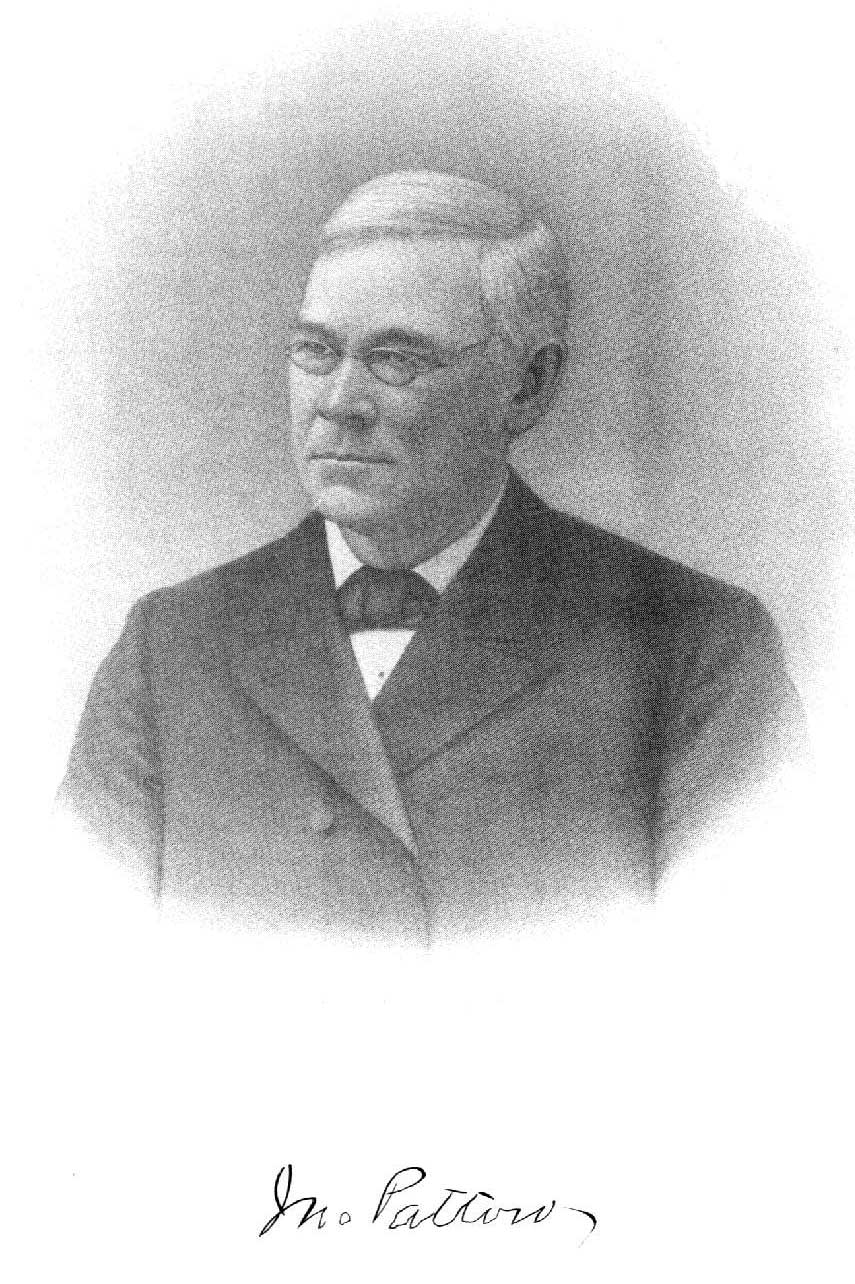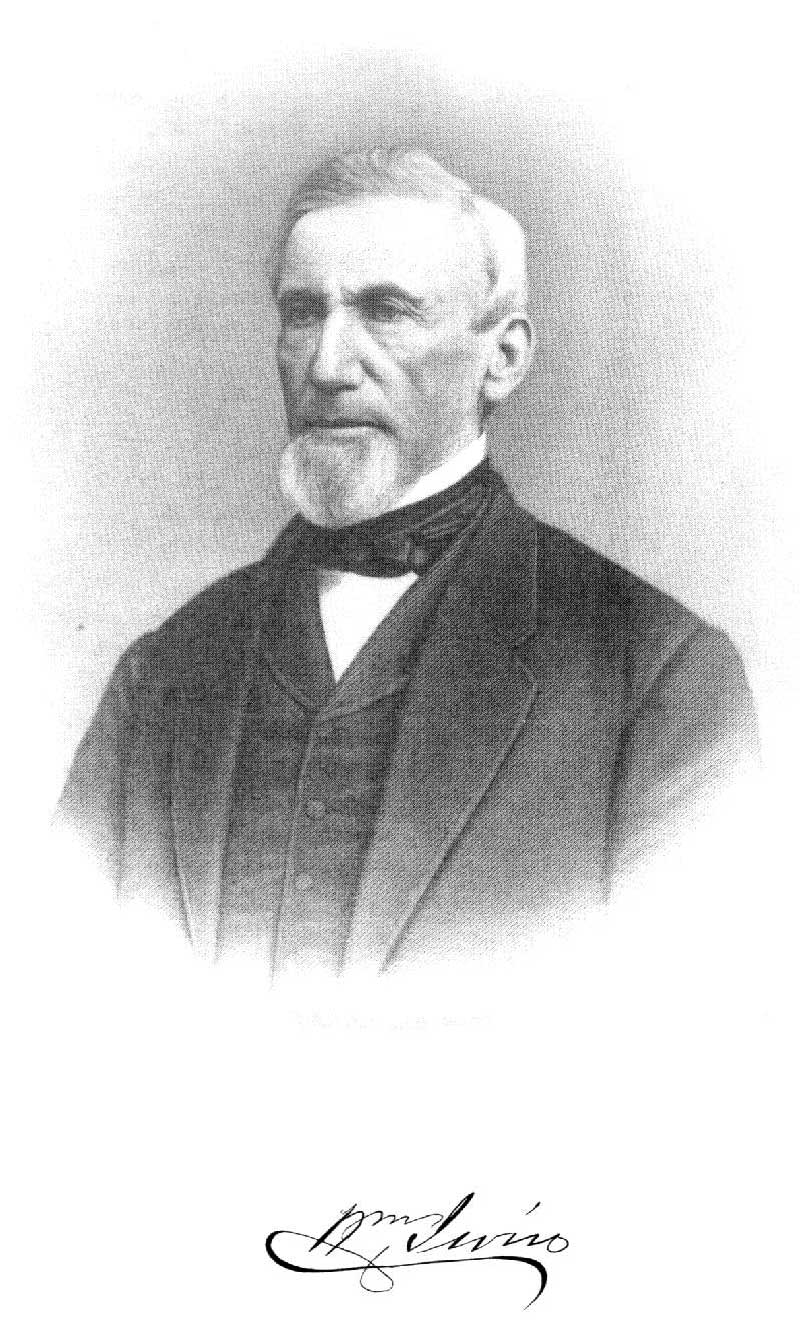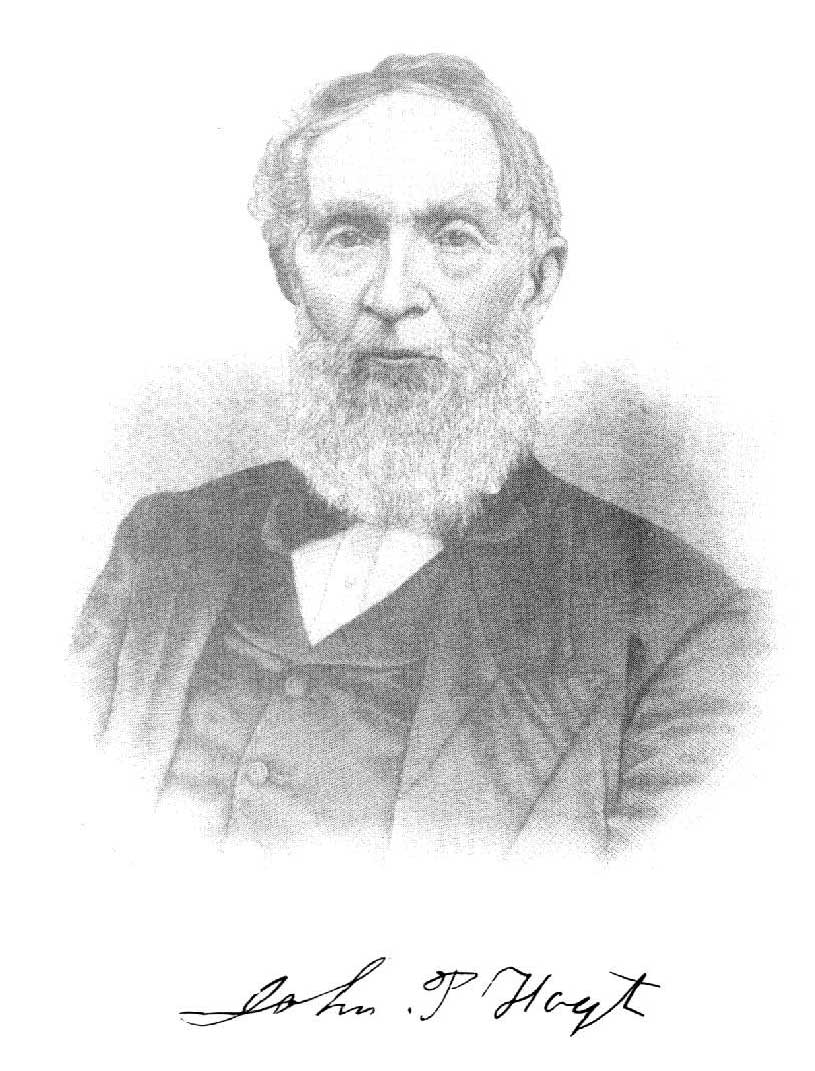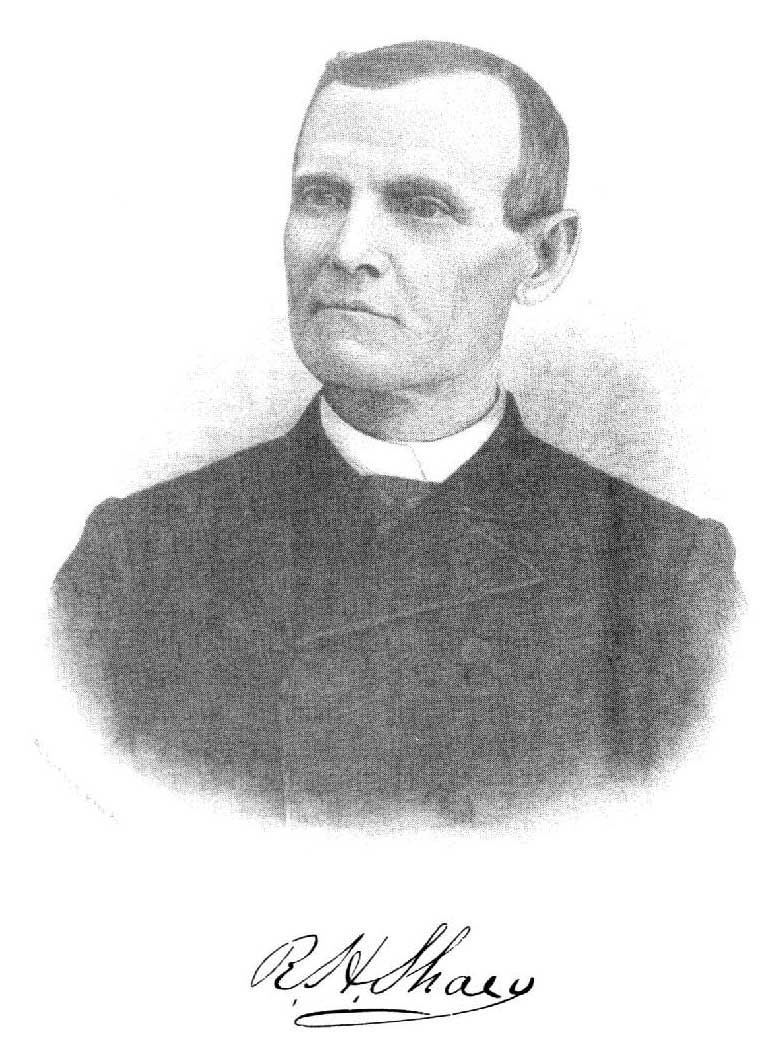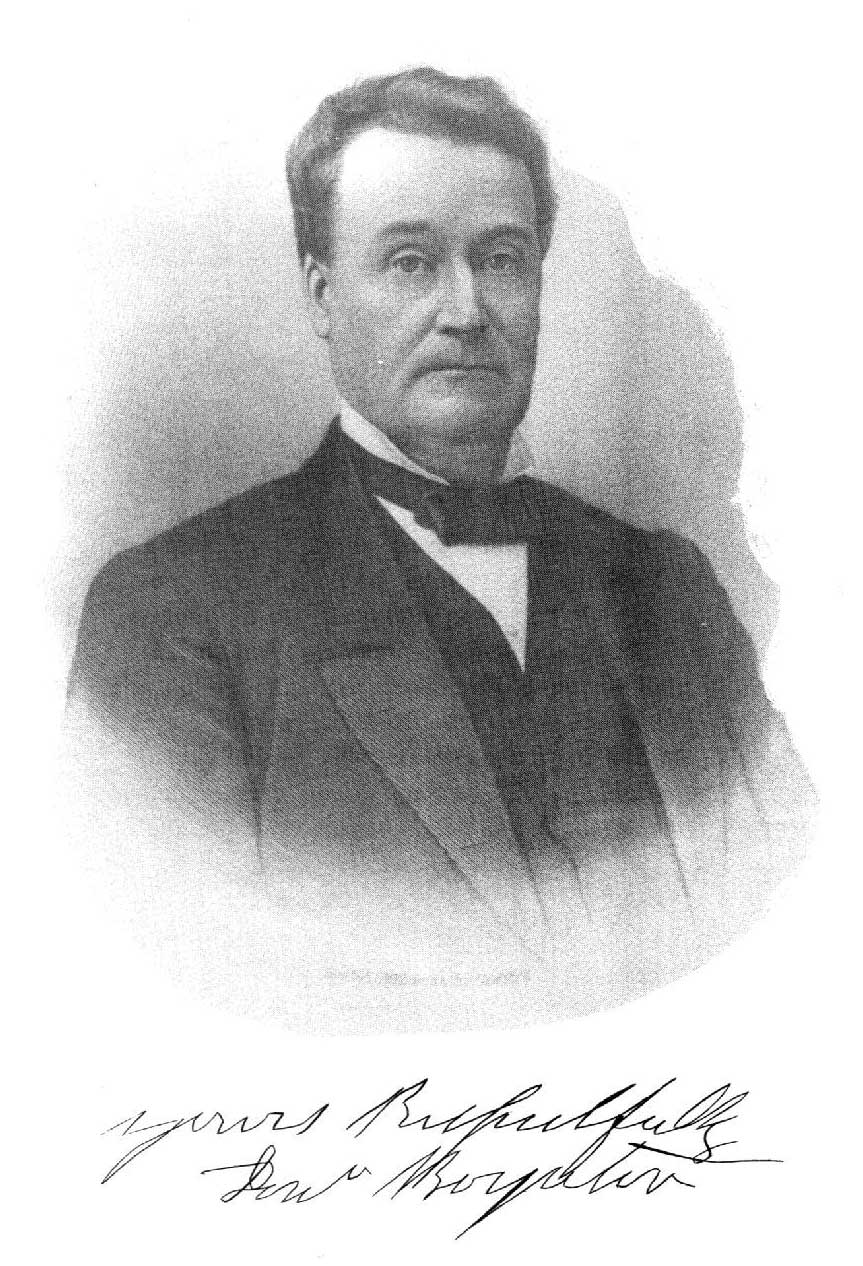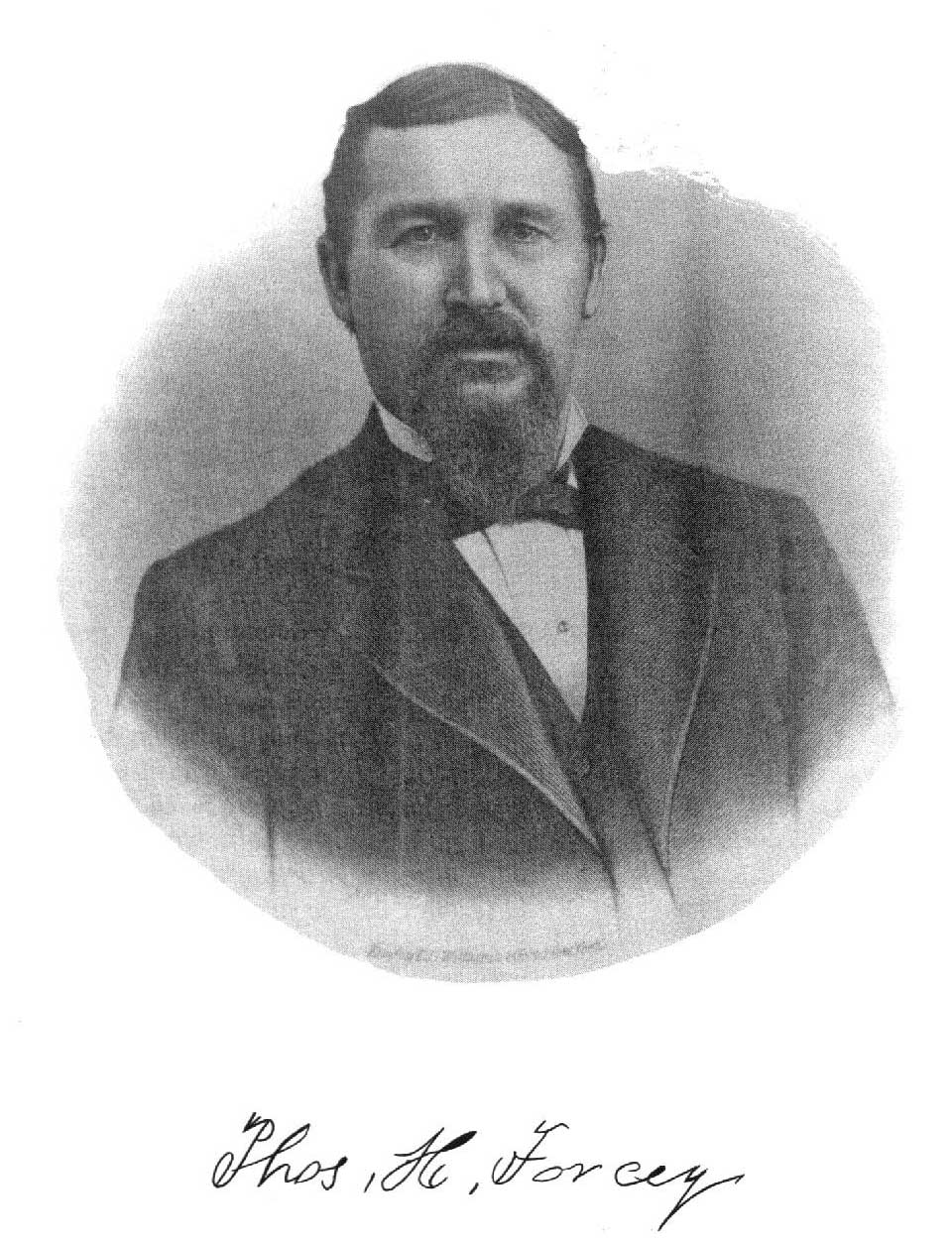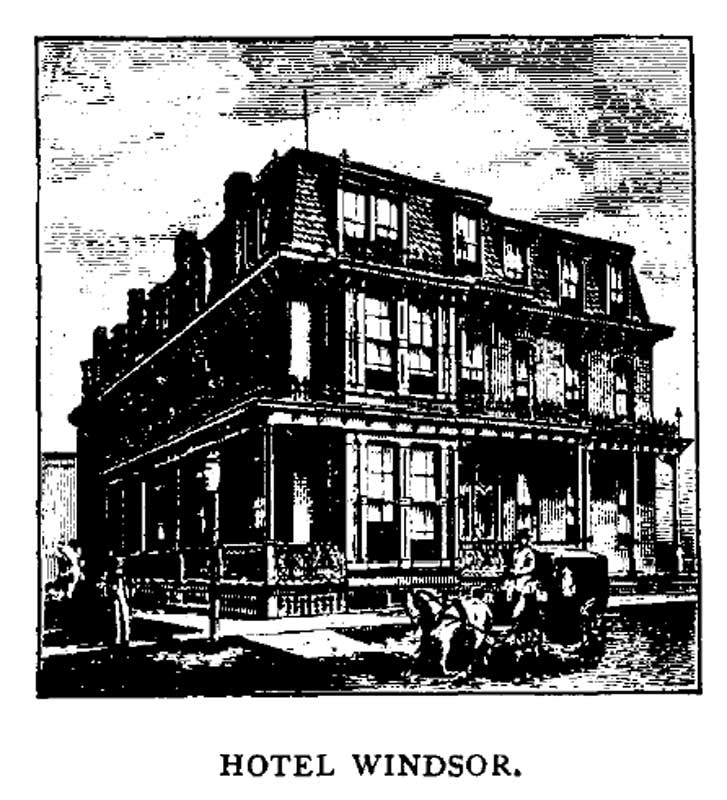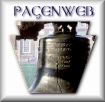| |
Page 691
WILLIAM H. DILL. — REV. FREDERICK G. BETTS.
having attained a sufficient degree of proficiency in scholarship in the
Dickinson Seminary to entitle him thereto. From this institution he was
graduated in the month of September, 1860, receiving the degree of Bachelor of
Arts, and subsequently, at the end of three years, the further degree of Master
of Arts was conferred on him. In the month of April, of this same year, and
prior to his graduation, Mr. Dill was elected professor of ancient and German
languages of Williamsport Dickinson Seminary, which professorship he was allowed
to accept by the faculty of the Pennsylvania College on condition that he
present himself at the regular examinations of the senior class of that
institution. In the Dickinson Seminary he filled the chair of languages from the
time of his first election until the latter part of the year 1865, having been
elected to that position by the board of directors, or so appointed by the
bishop in charge, each successive year. Furthermore, during this same period and
in the year 1861, Mr. Dill became a traveling minister of the Methodist
Episcopal Church, and attached to the Central Pennsylvania Conference. Five
years later, March, 1866, he entered the active work of the pastorate, filling
such charges as were designated by the conference, and in March, 1868, he came
to Clearfield.
In July, 1870, under the advice of his physician,
Mr. Dill discontinued his relation with the active, traveling ministry and
accepted a business position as cashier of the First National Bank of
Clearfield, still maintaining, however, his ministerial position in connection
with the church at Clearfield and other points in the vicinity. In the year
1882, at his own request, he was granted a location, and thereby practically
severed his connection with the active ministry. While occupying the position of
professor of languages at Dickinson Seminary, he became acquainted with Edith,
daughter of Jonathan Boynton, of Clearfield, and subsequently, on the 31st day
of July, 1865, Edith Boynton and William H. Dill were united in the bonds of
matrimony. Of this marriage six children have been born, two sons and four
daughters.
The life of our subject since his retirement from
the ministry, has not, by any means, been one of inactivity, as there is,
perhaps, no man in the entire county whose time is more wholly employed. Besides
his duties as cashier, he is extensively engaged in the lumber business as one
of the firm of Dill, Watson & Co., of Myersdale, Somerset county, and also a
partner in the firm of A. W. Lee & Co., at Belsena, in this county.
His public spiritedness too, is undoubted, as every
effort in the interest and welfare of his county, its institutions, and its
people, meets not only with his hearty approval but his cordial support. The
part taken by him during the strike in the coal region, in the year 1886, and in
bringing about an amicable adjustment of the difficulties there existing,
brought to him and to those with whom he was associated, the gratitude of
thousands of laboring men. His standing in the Masonic fraternity is also worthy
of notice, he having filled numerous offices of trust and responsibility
therein, and advanced, step by step, until he occupies an elevated and enviable
position at the halls of that most ancient and honorable institution.
BETTS, REV. FREDERICK G., was born in Philadelphia,
August 14, 1812 ; his parents were New Englanders. In the year 1840 he was
licensed as a Presbyterian minister by the Huntingdon Presbytery, and accepting
a call from the congregation at Clearfield, he was ordained and installed as its
pastor in November, 1840. Moving with his family from Boolsburg, Centre county,
to Clearfield, he continued in charge of the congregations at Clearfield,
Curwensville and Forest Hill, until his death, in January, 1845. His
widow, Cornelia (Finley) Betts, died eight years later, 1853.
|
|
